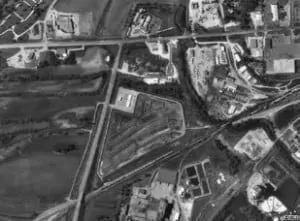

The experienced team of professionals at SCS Engineers understands groundwater monitoring beyond just regulations and guidance. When the original Subtitle D rules for municipal solid waste landfills were published, our professionals trained the state regulators; and we especially understand the unique challenges presented by coal combustion residual (CCR) facilities.
SCS designs appropriate groundwater monitoring networks to evaluate possible releases at the CCR waste management boundary, and we perform detection and assessment monitoring required by the regulations, including the appropriate statistical approaches to evaluate data. We can also evaluate whether constituents more likely were released from CCR units or from natural soils.

Because the CCR regulations require detection monitoring for naturally-occurring substances, statistically significant increases in the concentration of any of these parameters over background levels can be observed even if there is no release from the CCR unit. Assessment monitoring can be critical to establishing the cause of the statistical increase and a possible need for corrective measures.
When corrective measures are indicated, it is important to have an experienced team to help consider the options. SCS Engineers can help clients determine the nature and extent of releases from CCR units, assess corrective measures to prevent further releases, remediate releases, and restore affected areas. Before selecting a remedy, we also can help with public participation as required; our staff includes technical experts who can explain complicated subjects to lay audiences.
SCS Engineers provides the following CCR groundwater monitoring services:
Design groundwater monitoring systems
Supervise installation and field adjustments to groundwater monitoring network
Groundwater detection and assessment monitoring
Corrective measures